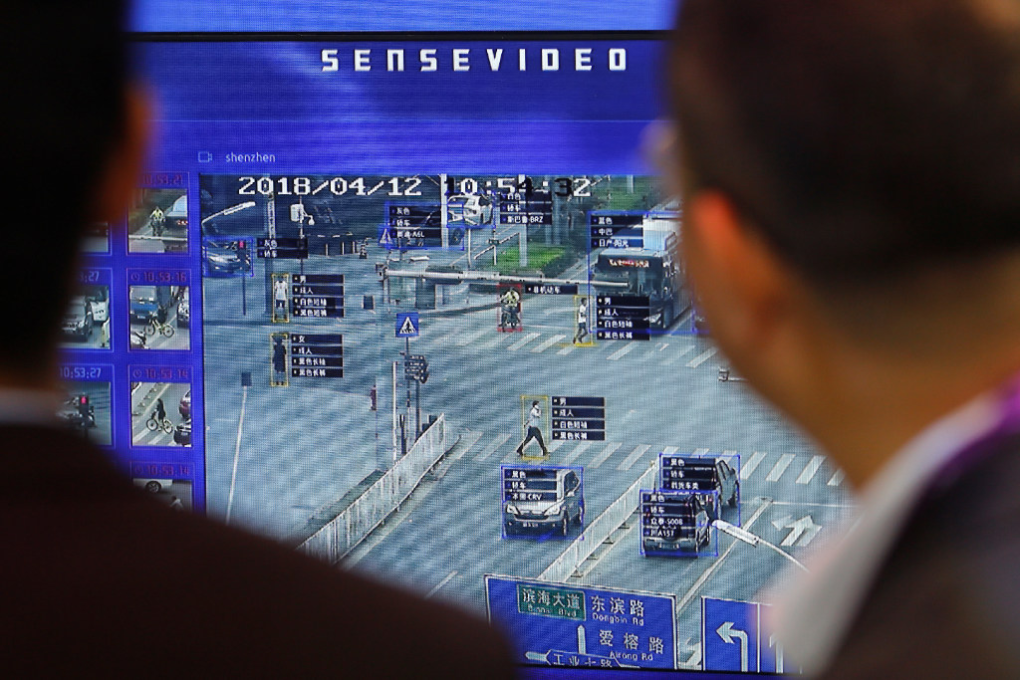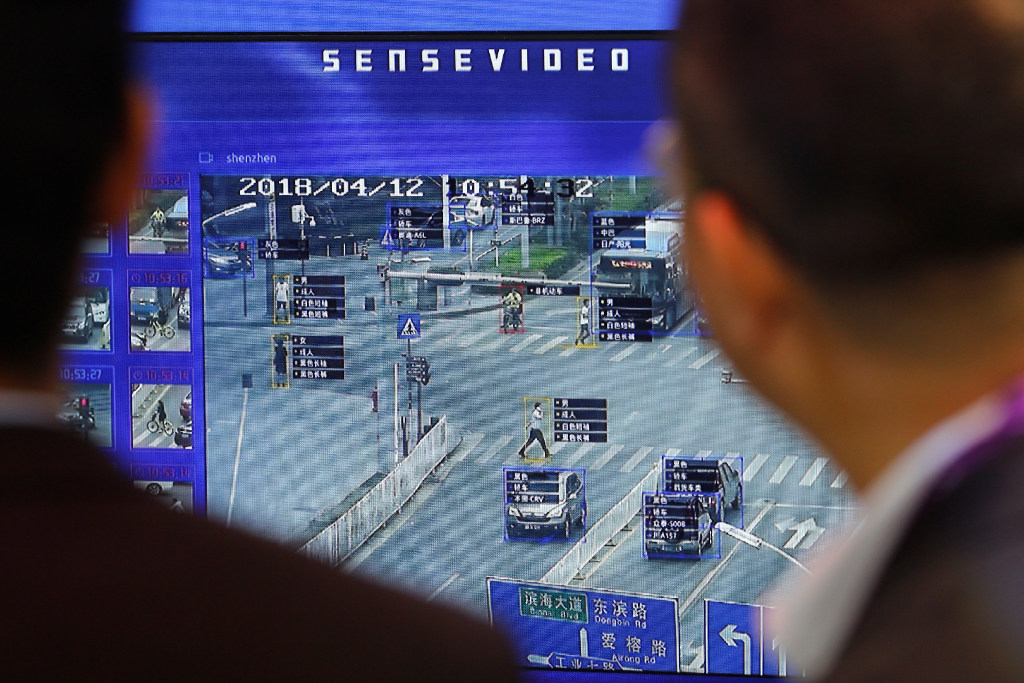Advertisement
San Francisco’s facial recognition ban sparks debate in China
AI surveillance cameras are widely deployed across China, for both good and ill
Reading Time:3 minutes
Why you can trust SCMP

This article originally appeared on ABACUS
San Francisco has become the first major American city to ban local government agencies from using facial recognition. In China, where the tool is widely utilized by authorities to track citizens as much as catch criminals, the news reminded some people of their run-ins with AI surveillance cameras.
“I received a text message a few days ago, saying that I’m punished for running a red light while biking in an unfamiliar area,” wrote a Weibo user. “I opened the traffic police app and found that the camera captured a person who looks a bit like me, whom the facial recognition system identified as me. The more I think about it, the scarier it seems.”
We can’t independently verify the claim, but it wouldn’t be the first time that an official facial recognition tool was accused of being inaccurate. Across China, cameras and digital billboards are set up at crosswalks to catch and shame law-breakers. In one high-profile case last year, a tycoon was wrongly identified as a jaywalker when a bus passed by carrying an ad featuring her face.
Advertisement

Around the world, critics warn that facial recognition tools are often biased or faulty in their present form. A report last year based on police data in London found that facial recognition misidentified innocent people as criminals about 95% of the time. In the US, researchers at MIT found that facial recognition systems are more likely to misidentify women and people with darker skin.
Advertisement
Despite questions about the technology's accuracy, there appears to be plenty of Chinese netizens embracing government use of facial recognition. Many believe it helps fight crime and keep their country safe.
“I support facial recognition systems,” said one Weibo commenter. “They can act as a deterrent or evidence against terrorists and criminals.”
Advertisement
Select Voice
Select Speed
1.00x